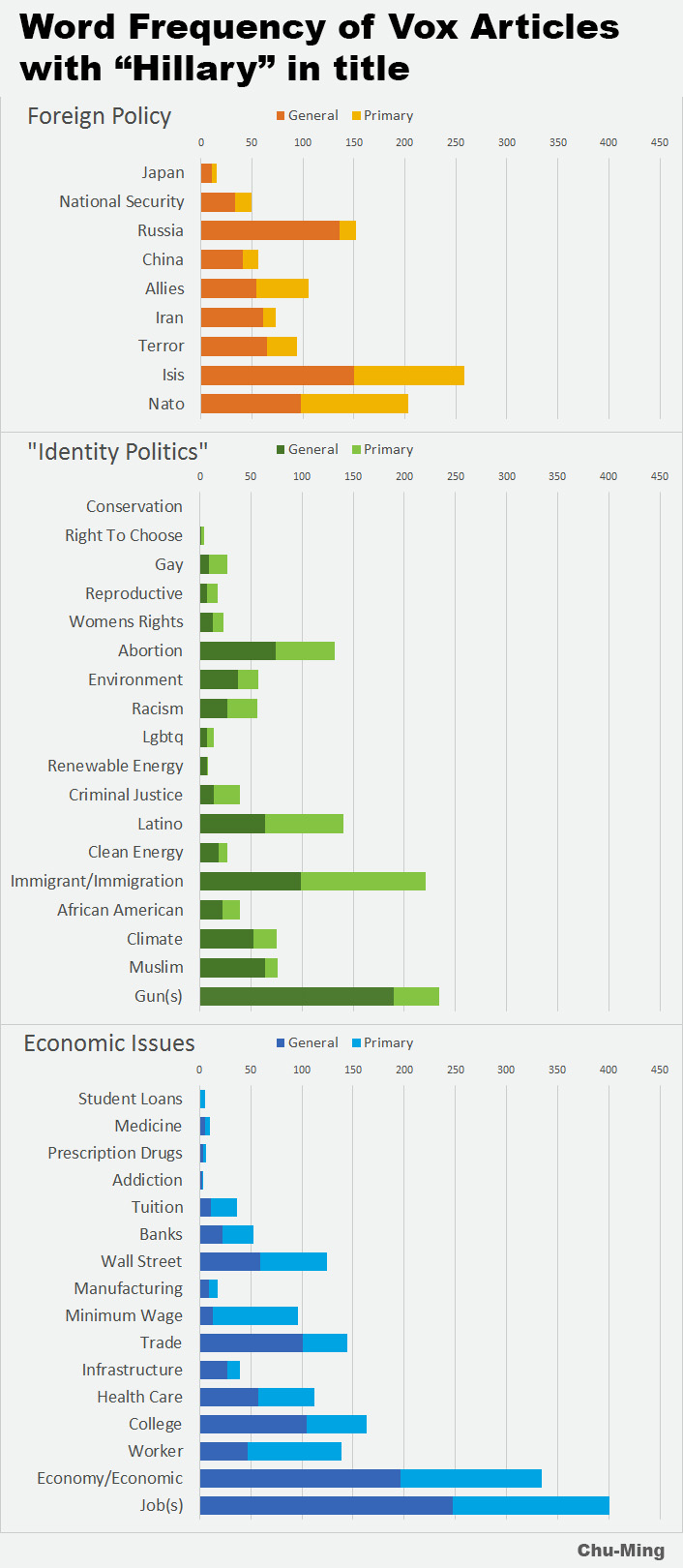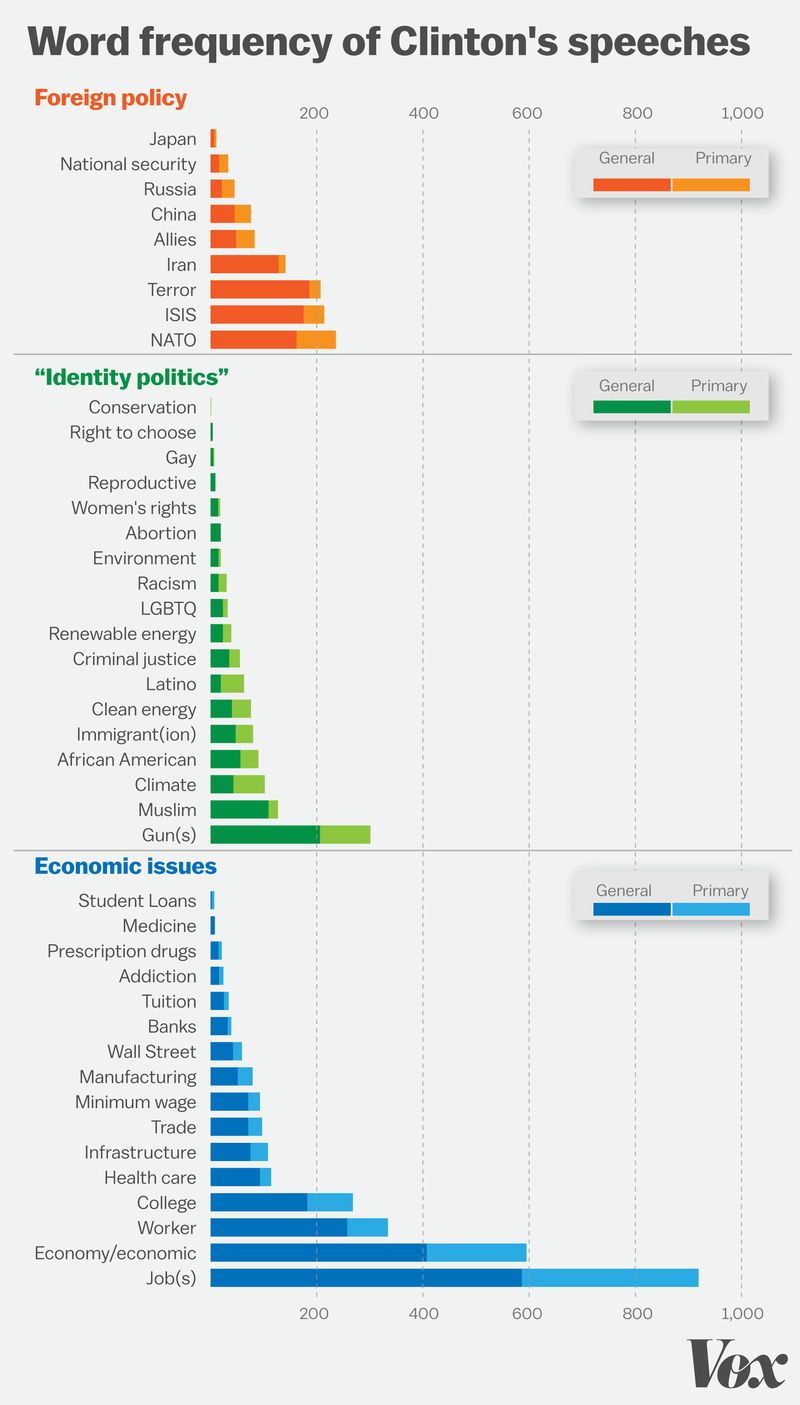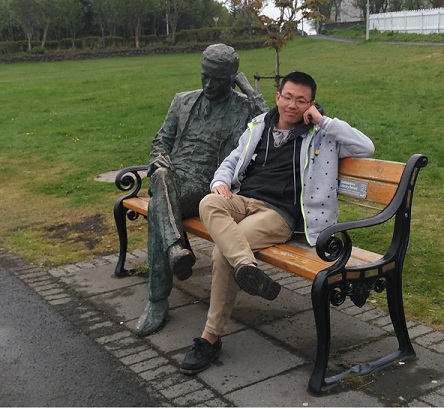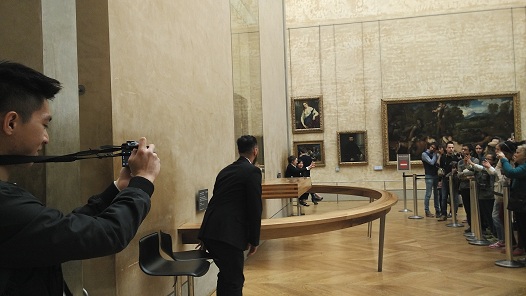It’s that time of the year again when ambitious wide-eyed undergraduate students start applying for graduate studies. I’ve gotten my fair share of requests for advice, so employing the help of my friends D and T, I’ve decided to compile a list of how to prepare and things you should know before applying for a Master’s program overseas, specifically in the US. Please note that these are our personal opinions (mostly mine) based on our personal experiences, so they may not necessarily be accurate or applicable for your purpose.
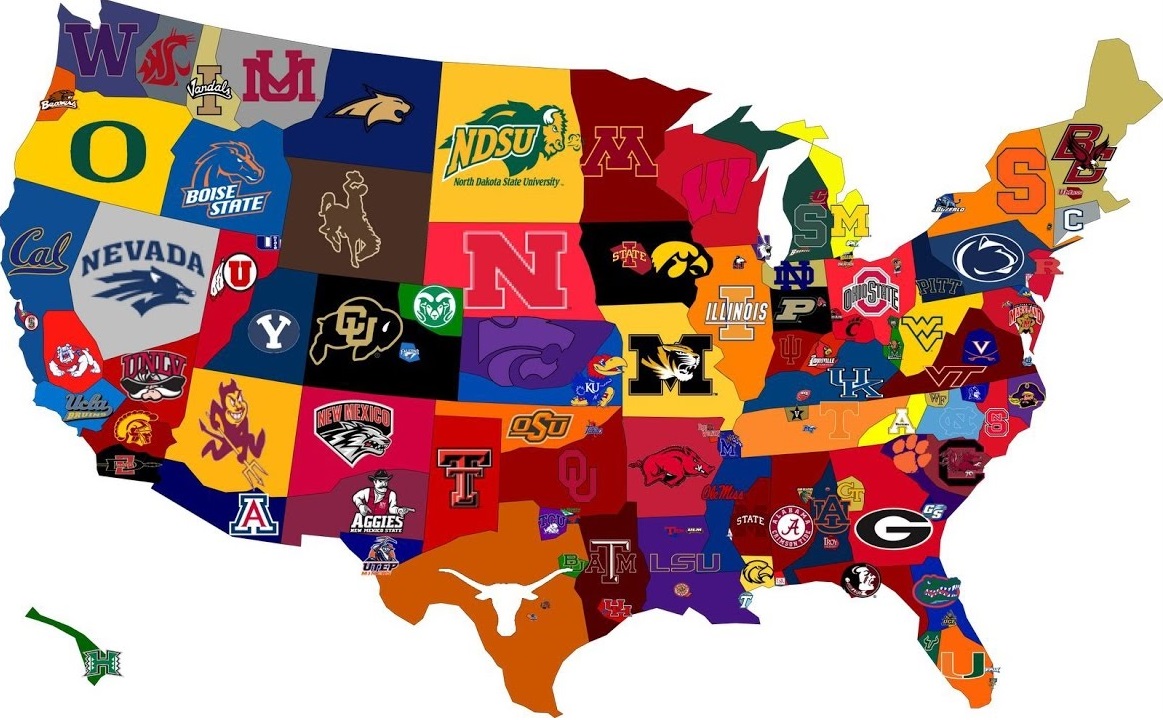
Image from https://www.youtube.com/watch?v=WI_8slDKSOU
1. Types of Master’s programs
Broadly speaking, there are two different kinds of Master’s programs out there, industry-focused and research-focused. Which should you choose? It depends on your end goal. If you’re looking to enter the job market as soon as possible, go for the former. If you’re looking to pursue research as a career, go for the latter. Many people will be unsure about this, especially if they have never done research work before. My general feeling is that doing research takes a particular type of personality, and most people are not cut out to become researchers. If you have the chance to, expose yourself to research work in your undergraduate studies. You’ll have a taste of what research feels like and it’ll help you decide what to choose in the future. If you’re still unsure, the following table highlighting the main differences between the two types of programs may help you decide.
Remember these are generalizations and specific requirements differ from program to program.
| Industry-focused Master’s program |
Research-focused Master’s program |
| Terminal |
Can lead on to a PhD |
| Not funded |
Funded |
| 1 to 1.5 years |
2 years or more |
| Courses + possibly Capstone project |
Thesis |
| More industry resources |
Less industry resources |
| Relatively easier admission |
Relatively harder admission |
Generally, industry-focused Master’s programs are catered more towards international students, since it’s a cash cow for the university. This is also why it’s easier to be admitted into one.
To clarify, whatever I’ve written here is based off my experience of applying for an industry-focused Master’s program, not a research-focused program. If you’re looking to pursue a research career, these may still apply to a lesser extent, but there is no guarantee.
2. Motivations
Before you apply for a graduate degree, you must first contemplate what your end-goals are. Out of all the peers I’ve met in my Master’s program, there are three main categories of motivations.
a. Scholarship
You’re on a government or private scholarship, the cost of your studies will be sponsored entirely. Your primary concern will be how the program benefits you in exchange for the amount of time you’re giving up. It is entirely possible to breeze through a one-year Master’s program without much trouble. Therefore, you have a lot more freedom here than other students. Think about what you want to achieve by pursuing a Master’s. Is it simply for a higher starting salary? Is it for the experience of studying overseas? Is it for gaining deeper knowledge in a domain? Whatever it is, make sure that the length and rigor of the program you’re applying to matches your end-goals. Remember, most Americans come out of college with debt. You may not have to pay for it, but college is still a service where you’re the customer. Make the most out of it.
b. Work
Most international students (excluding Singaporeans) enroll in a Master’s program in the hope of finding work subsequently. It is easier to find a job in the US with a Master’s degree. If you study and work in STEM, your student visa can be extended for up to 3 years. This grace period is 1 year for other majors. Your primary concern will be how likely it is that you will find a job you desire after your Master’s. Empirically, if you plan to work in tech and study at a relatively prestigious university, your chances are pretty good. More traditional forms of engineering such as material science and civil engineering may struggle a little. I honestly don’t know how non-engineering majors fare, but it’s definitely much worse compared to engineering majors.
If your chances are slim, you should consider whether it is even worth it for you to expend the time and money to pursue a Master’s degree here. Visa notwithstanding, a Master’s degree is not viewed much differently from a Bachelor’s.
c. Further studies
These are the rarest breed of Master’s students that I’ve met. Typically, if you were interested in research, you would pursue a PhD, since 1) you will actually do research and 2) it’s funded. However, sometimes it may just be too difficult to be admitted into a PhD program right out of college, especially if you have no prior research experience. In that case, you could pursue a Master’s in the hopes of doing a PhD after. I’m not going to lie, you’re probably going to have to work harder than others to achieve this. You should start to actively look for professors to do research with in your Master’s program.
3. Preparation
So, as an undergraduate student, how would you prepare for a Master’s program? Truth be told, I had no idea when I first applied, and I was just extremely lucky to be admitted into a Master’s program which I liked. Even now, I still can’t tell you with certainty what schools are looking for, but I could provide some advice based on experience. Again, my experience is with an industry-focused Master’s program, so these may not apply if you’re looking to do research.
a. Participate in Research Work
Even with industry-focused Master’s programs, prior experience in research-related work is always a plus. It shows that you have the mental fortitude to tackle difficult problems that are not well-formulated. For NUS students, there are research opportunities in the form of UROPs. CREATE in U-Town also offers opportunities to do research-related internships, so take advantage of these opportunities to boost your resume and learn more about a domain which you’re interested in. Who knows, you may even end up liking it enough for it to become a career.
b. Participate in Overseas Exchange Programs
If you have the means to, participate actively in overseas exchange programs. This will give you a feel of how it is like to study abroad, as well as give you the opportunity to shop around for universities that you may be interested in.
c. Keep up With Global Affairs
You don’t have to be aware of every single event that’s happening around the world, but at least have an idea of the recent developments in the US and China. A lot of people hear about the US simply because it’s plastered all over mainstream media, but they’re pretty ill-informed when it comes to other countries. If you want to bring value to discussions rather than rehashing what everyone else already know, try to consume a healthy balance of information from different sources.
D. Get to Know Your Professors
All of your professors have gone through the same graduate system, so they’re your best source of information regarding each university’s domains. Furthermore, you should build that relationship simply because when the time comes, they’ll be the ones writing your recommendation letters.
4. Application details
So you’ve done your homework and application windows are opening. What do you need to prepare for your application?
Required documents
- Statement of purpose
- Letters of recommendation x3
- GRE Scores
- TOEFL for non-native English speakers
- Academic transcript
- Proof of financial ability
Generally, these are the requirements to apply for any graduate program. Different schools may have specific requirements, so do check with the admissions department what is needed for applications beforehand.
Statement of purpose
This is probably what gives students the biggest headache when it comes to college applications. What should I write in my statement of purpose? If I write about my achievements, will it come across as arrogant? Again, I cannot claim to be an expert in this and you should probably consult an admissions officer in your school. However, a general guideline for this is that you should 1) articulate your interests, 2) highlight your experiences in the field, and 3) talk about how the program fits your interests and how it would help your future development. Make sure that you are not just providing a list of achievements. Put your achievements into the context of “I am interested in this and therefore I did that to further my interest in this”. This way, it won’t come across as conceited. Remember that admissions officers are looking for character as much as academic abilities, so it is always wise to show a healthy concern for the community.
Letters of recommendations
Who should you ask to write your letters of recommendation? Typically, these are professors who are familiar with your work and are related to your field of study. This is why it’s important to build relationships with your professors early on. You can also ask for recommendations from your employer during previous internships or jobs, but remember that their position has to be relevant to your field of study for their words to have any weight. For example, if your previous internship is in the F&B industry, it might be wiser to choose a professor instead.
GRE scores
GRE scores will be sent directly to your desired universities and may take a month or more to process, so it is recommended you take your GRE at least three months before the application window closes. GRE scores are valid for 5 years. Do a quick Google search to find out what the average GRE scores of admitted students are and see where you stand.
TOEFL scores
If you’re Singaporean, skip this. If not, it depends on your nationality. Find out more on the school’s admissions website.
Academic transcript
Some schools accept unofficial soft copies while others require you to mail an official hard copy to them. Again, do a quick Google search to find out the average GPA of admitted students in past years to see where you stand.
Proof of financial ability
If you’re applying for an industry-focused Master’s program, you are expected to be able to pay for it out of pocket. Most schools offer scholarships, but it is relatively rare to be offered one if you’re an international student. Whether it is an external scholarship or a family sponsorship, you need to be able to provide proof that you can afford it. The ugly reality is that most colleges are not “need-blind”, which is to say they may reject you if they think you are not financially capable of paying for your program. The budget should be around USD 70-80k for a school year, but of course it depends on the program you apply to.
5. Case studies
My friends D and T have kindly shared with me their experiences in their respective Master’s programs and I have collated their responses (along with mine) here. The three of us all graduated from NUS and went on to different Master’s programs in different colleges in the US.
1. What is your course of study?
D: Master of Science, EE (Electrical Engineering), Stanford
T: Masters of Engineering, Advanced Manufacturing and Design, MIT
CM: Masters of Engineering, EECS (Electrical Engineering and Computer Science), UC Berkeley
2. What are your reasons for choosing this program?
D: To be honest, I chose Stanford based on reputation back then. But on hindsight, I really love the weather in the bay area all year round, the architecture and beautiful campus (people often underestimate how much these things matter in keeping you in a good mental state during the hours spent on homeworks and projects). The faculty are world renown, lecturers are very good in general, and office hours are very helpful for understanding concepts you didn’t catch in class. Also, as a private university, student organizations get huge budgets which means lots of activities and free stuff for everyone throughout the year.
T: The reputation and quality of teaching at MIT is well known within the industry and is held in high regard.
CM: I had an undergraduate degree in EE, and I wanted a program to bridge my crossover to CS. EECS is the best of both worlds. I didn’t particularly like the reputation of UC Berkeley (w.r.t. protests and safety), but the program and the vicinity to the Bay Area is too perfect to give up.
3. Are there any specific requirements for application?
These are additional requirements on top of the documents listed in section 4.
D: Bachelor’s degree in a STEM field (transcripts).
T: None.
CM: Personal history - Written component detailing your background and why you want to study at Berkeley.
4. How would you rank the application requirements in order of importance?
These are estimations based on what we know, so please take these with a grain of salt.
D: I would say
1. Statement of purpose
2. Letters of recommendation
I can’t give you a minimum required GPA because such information is not released but you should know that admissions is competitive so you probably need a high GPA anyway. I got my letters of recommendation from 2 different internship supervisors and one of which was at a research institute. I didn’t see what they wrote but they were very happy with the quality of my intern work, which I think helped with my recommendations a lot.
T: Meeting the minimum GRE cutoff would be the most important, after that they will consider other aspects. Basically they will assess your ability to excel in the program as well as how you can apply the knowledge in the future.
CM:
1. Statement of purpose
2. Letters of recommendation
3. Personal history
GRE and GPA must pass minimum requirements. Average GPA is 3.8, average GRE scores are 157/166.
5. What is the program structure like?
D: 45 credits to graduate - 12 units depth, 9 units breadth, 15 units technical, 9 units electives.
Students typically do 9 units per quarter (3 classes) to graduate in 5 quarters (~1.5 years)
T: Coursework and a research thesis based on an attachment to a company. The industrial attachment is the hallmark of the program as it allows you to work in a team and apply what you have learnt in an actual problem that the company faces.
CM:
1. Compulsory bootcamp - MBA classes everyday over a period of 2 weeks.
2. Roughly 2-3 technical courses per semester, you rank courses, then they assign you based on your engineering discipline and track.
3. Capstone project - can be research under a professor, or working with an industry partner to produce a solution. Capstone project can be across disciplines and tracks.
6. How is the diversity of the program?
D: According to the Stanford website, 33% of graduate students are international, 14% are asian american and 38% white. Most of my friends in EE are Asian American, and want to work in the bay area for startups, big tech companies or in IC design (my EE specialization is in Circuits)
T: My peers consisted of people from around the world. Many of them have found jobs in manufacturing while some have found jobs in mechanical design. The good thing about manufacturing is that the knowledge can be applied to nearly every industry from medical, oil and gas, semiconductor, automobile, etc.
CM: Majority internationals, majority looking for employment in the US. One or two pursuing further studies. Perhaps half of them are Asian. My Singaporean friends are mostly on scholarships.
7. Any tips or tricks you want to share to get into your program?
D: My impression of Stanford is that they want students to be holistically trained and be able to do very interdisciplinary work. This is very evident from the way the classes are designed. Hence, I would recommend writing in your statement of purpose about applying your domain knowledge into other fields to solve problems and any relevant research that you have done in the past. Try to find out more about faculty and what they are doing and indicate your interest in working with these professors. My opinion is that nothing works better than showing that your statement of purpose is tailored specifically to Stanford and not a generic one. Ultimately, even if you don’t get into Stanford, it doesn’t mean that you’re not good enough, there’s always a bit of luck involved with a low admissions rate.
T: While grades may get you a spot into the interview session, its really your character, project experiences and ambition that will be the defining factor.
CM: Berkeley is well-known to be extremely liberal, so try to focus your personal history on the challenges you’ve encountered, as well as how you’ve helped others along the way.


